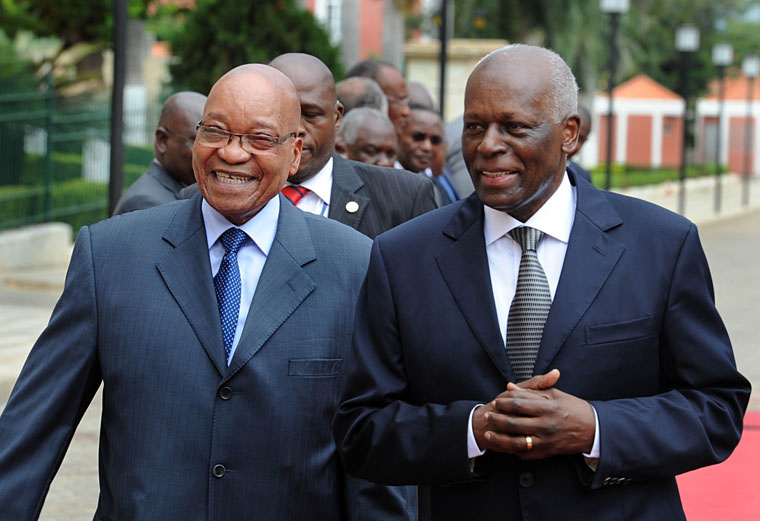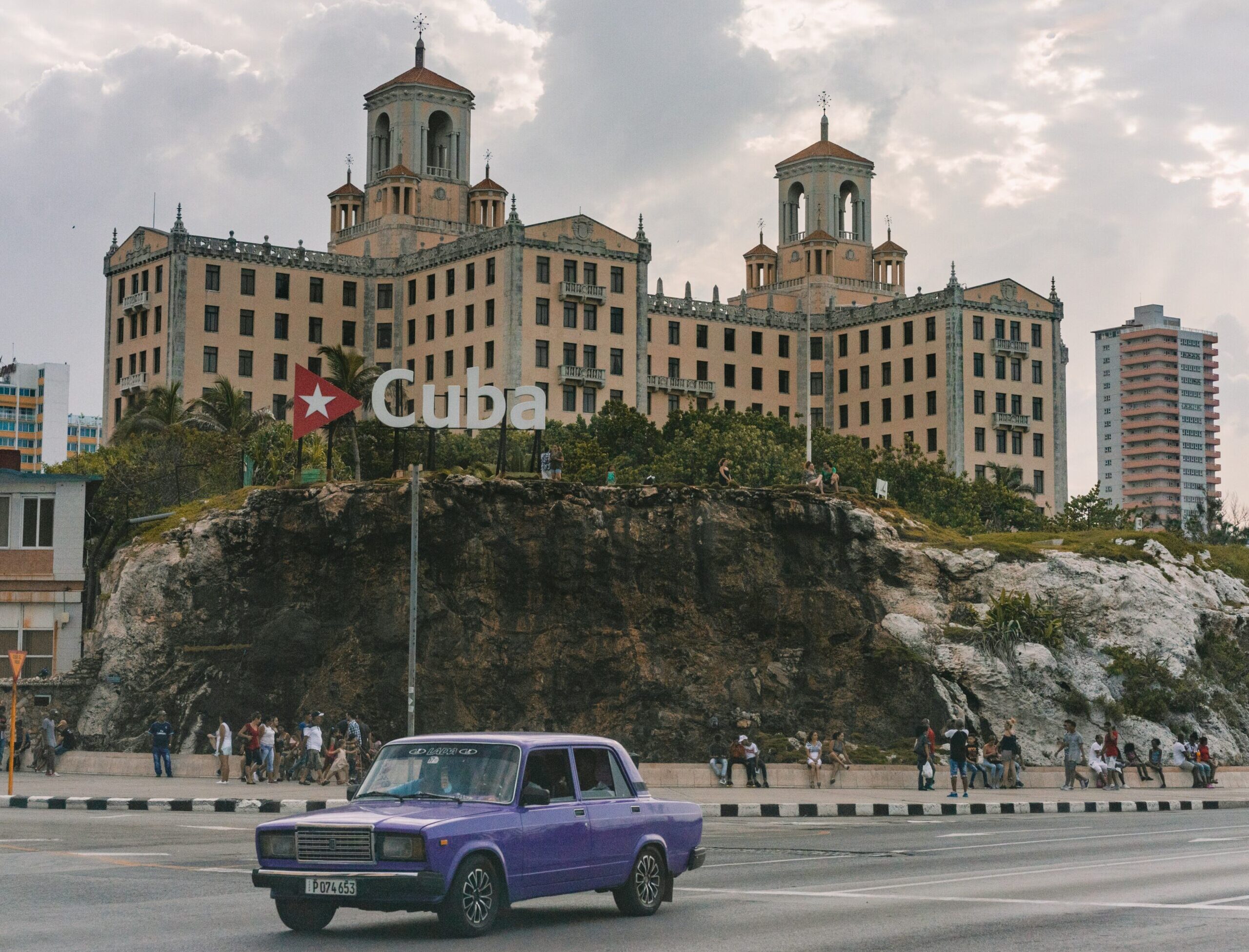Advances in ending violence, promoting the rule of law, strengthening institutions and increasing access to justice are uneven and continue to deprive millions of their security, rights and opportunities and undermine the delivery of public services and broader economic development. Attacks on civil society are also holding back development progress. Renewed efforts are essential to move towards the achievement of Sustainable Development Goal 16.
Limited government supported by elite coalitions can facilitate the development of fiscal capacity by tying rulers’ hands and enhancing their credibility. This paper presents evidence of the effect of the…
Municipalities with more competent mayors are associated with more effective use of funds, an increase in long-term investments, and better service provision without an increase in taxes.
The United States and Mexico face a powerful onslaught of criminal activity damaging both countries. They need to step up cooperation now. U.S. threats are counterproductive. What if Mexico threatened…
Voters often rely on partisan attachments as they evaluate new policy proposals, but does partisanship also color their interpretation of incumbent efforts to entrench themselves in power by changing the…
The International Criminal Court (ICC) is responsible for prosecuting crimes against humanity, war crimes, and genocide. Despite the potential for the ICC to deter human rights abuses, scholars and policy…
Leaders like Mugabe and dos Santos witnessed what happens to unpopular dictators like Saddam Hussein and Muammar Qaddafi when citizens rebel and the military is unwilling to protect them from…
Contrary to research on the tradeoff between competence and loyalty, the model in this paper shows that when threats to an authoritarian regime are existential and purges are an option,…
A growing number of developed country governments link good governance, including human rights, to developing countries’ access to aid, trade, and investment. We consider whether governments enforce these conditions sincerely,…
This book examines the Cuban economy as it makes its early steps into developing a more dynamic market economy.
The authors show that a revolution in the study of conflict--enabled by vast data, rich qualitative evidence, and modern methods—yields new insights into terrorism, civil wars, and foreign interventions. Modern…











